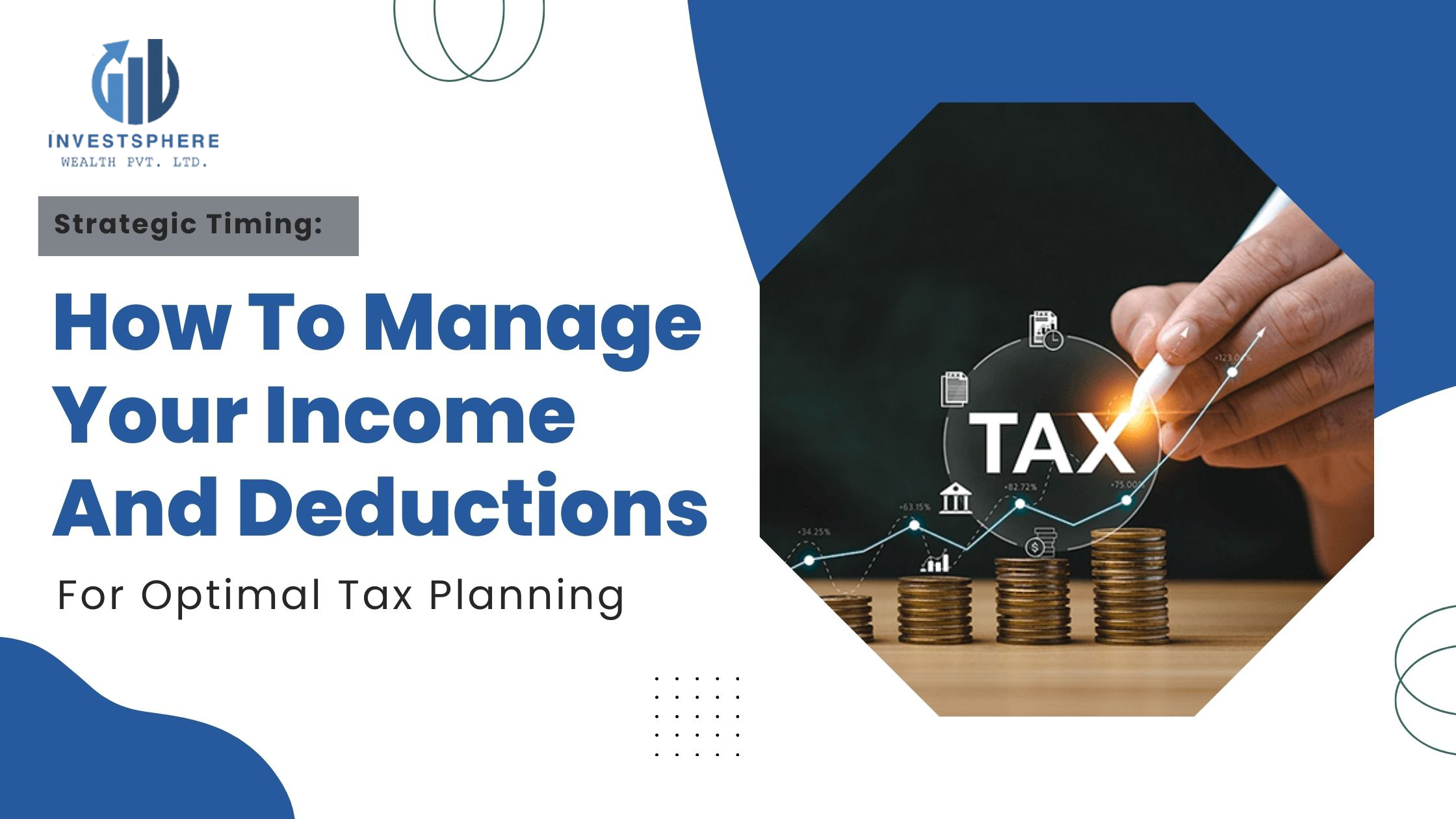A personal loan is a type of unsecured loan offered by banks, credit unions, or online lenders to individuals for various personal purposes, such as debt consolidation, home renovations, medical expenses, education expenses, or other unforeseen financial needs. Unlike secured loans, such as home loans or car loans, personal loans do not require collateral, making them accessible to a wide range of borrowers.
How does the process of obtaining a personal loan typically unfold?
1. Application:
To apply for a personal loan, individuals must submit an application to the lender, providing details such as income, employment history, credit score, and the purpose of the loan.
2. Approval:
Once the application is submitted, the lender evaluates the applicant's eligibility based on factors such as creditworthiness, income stability, and debt-to-income ratio. If approved, the lender offers a loan amount, interest rate, and repayment terms.
3. Disbursement:
Upon acceptance of the loan offer, the lender disburses the loan amount to the borrower's bank account. Borrowers can use the funds for any personal expenses or financial needs as per their discretion.
4. Repayment:
Borrowers are required to repay the loan amount in regular installments, known as equated monthly installments (EMIs), over the loan tenure. EMIs consist of both principal and interest components, with the proportion of each determined by the loan terms.
5. Interest:
Personal loans accrue interest on the outstanding balance, typically calculated on a reducing balance basis. The interest rate may be fixed or variable, depending on the lender and the terms of the loan agreement.
6. Tenure:
Personal loans have a specified tenure, typically ranging from 1 to 5 years, during which the borrower must repay the loan in full. The loan tenure, along with the interest rate and loan amount, determines the EMI amount.
7. No Collateral:
Personal loans are unsecured loans, meaning they do not require any collateral or security from the borrower. However, lenders may require a good credit score and stable income to mitigate the risk of default.
What are benefits of personal loan ?
Personal loans offer several benefits, including:
a. Flexibility:
Borrowers can use personal loan funds for a wide range of purposes, giving them flexibility in managing their finances.
b. Quick Disbursement:
Personal loans usually have a quick approval process and disbursal, allowing borrowers to access funds promptly in times of financial need.
c. No Collateral Required:
Since personal loans are unsecured, borrowers do not need to provide collateral or assets as security, making them accessible to individuals who may not have assets to pledge.
d. Fixed Repayment Schedule:
Personal loans come with a fixed repayment schedule, allowing borrowers to plan their finances and budget for EMIs accordingly.





